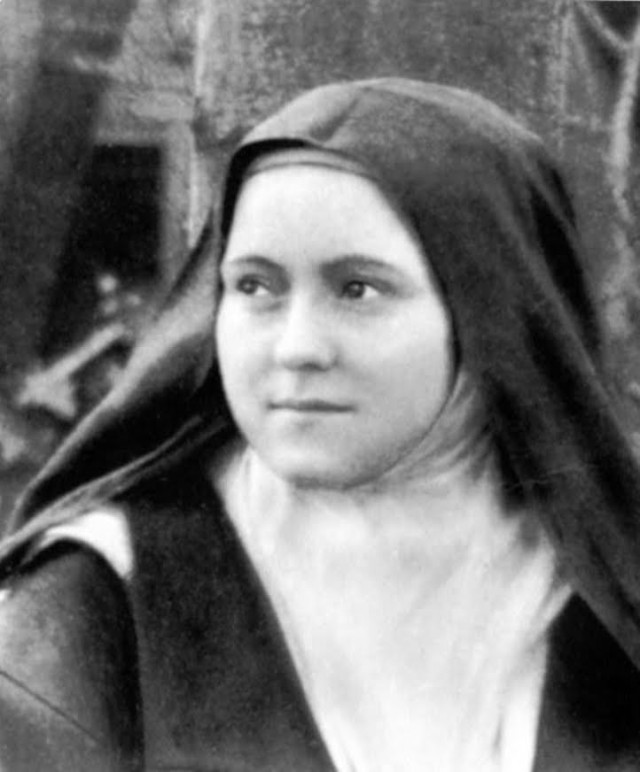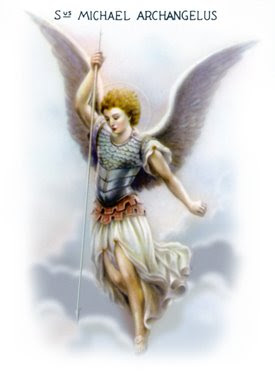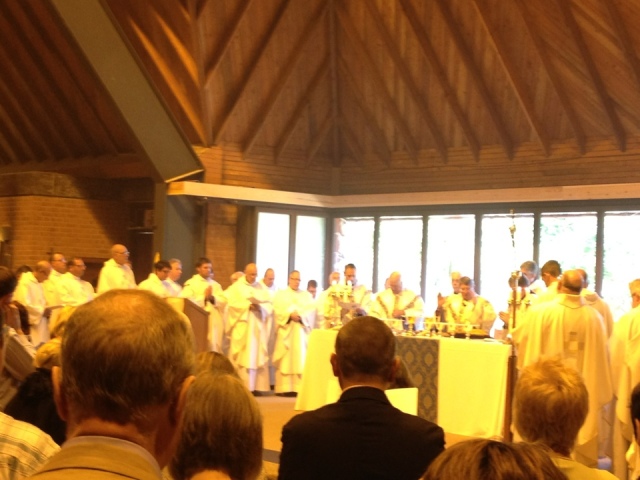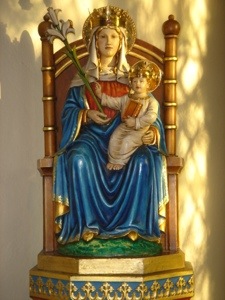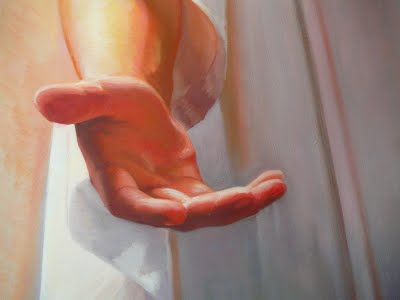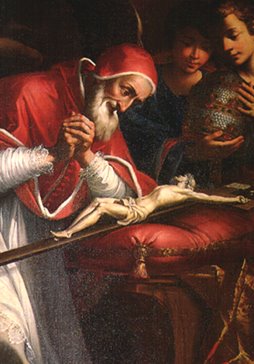 Born at Lombardy, 17 Jan., 1504 elected Supreme Pontiff 7 Jan., 1566; died 1 May, 1572. Being of a poor family he was taken in by the Dominicans, where he received a good education and was trained in the way of solid and austere piety. He entered the order, was ordained in 1528, and taught theology and philosophy for sixteen years. In the meantime he was master of novices and was on several occasions elected prior of different houses of his order in which he strove to develop the practice of the religious virtues and spread the spirit of the holy founder St Dominic. He himself was an example to all. He fasted, did penance, passed long hours of the night in meditation and prayer, travelled on foot without a cloak in deep silence, or only speaking to his companions of the things of God.
Born at Lombardy, 17 Jan., 1504 elected Supreme Pontiff 7 Jan., 1566; died 1 May, 1572. Being of a poor family he was taken in by the Dominicans, where he received a good education and was trained in the way of solid and austere piety. He entered the order, was ordained in 1528, and taught theology and philosophy for sixteen years. In the meantime he was master of novices and was on several occasions elected prior of different houses of his order in which he strove to develop the practice of the religious virtues and spread the spirit of the holy founder St Dominic. He himself was an example to all. He fasted, did penance, passed long hours of the night in meditation and prayer, travelled on foot without a cloak in deep silence, or only speaking to his companions of the things of God.
In 1556 he was made Bishop of Sutri by Paul IV. In 1557, Paul II made him a cardinal. In 1559 he was transferred to Mondovì, where he restored the purity of faith and discipline, gravely impaired by the wars of Piedmont. On the death of Pius IV, he was, despite his entreaties, elected pope.
He began his pontificate by giving large alms to the poor. As pontiff, he practiced the virtues he had displayed as a friar and a bishop. His piety was not diminished, and, in spite of the heavy labours and anxieties of his office, he made at least two meditations a day on bended knees in presence of the Blessed Sacrament. He visited the hospitals, and sat by the bedside of the sick, consoling them and preparing them to die. He washed the feet of the poor, and embraced the lepers. It is related that an English nobleman was converted on seeing him kiss the feet of a beggar covered with ulcers. He was very austere and banished luxury from his court, raised the standard of morality, laboured with his intimate friend, St. Charles Borromeo, to reform the clergy, obliged his bishops to reside in their dioceses, and the cardinals to lead lives of simplicity and piety.
 He worked incessantly to unite the Christian princes against the Turks who were undermining the Christian borders. In the first year of his pontificate, he had ordered a solemn jubilee, exhorting the faithful to penance and almsgiving to obtain the victory from God. He supported the Knights of Malta, built for them Valletta, the capital city of Malta and established in it the Mother Church. He sent money for the fortification of the free towns of Italy, furnished monthly contributions to the Christians of Hungary, and endeavoured especially to bring Maximilian, Philip II, and Charles I together for the defence of Christendom. In 1567 for the same purpose he collected from all convents one-tenth of their revenues. In 1570 when Solyman II attacked Cyprus, threatening all Christianity in the West, he never rested till he united the forces of Venice, Spain, and the Holy See. He sent his blessing to Don John of Austria, the commander-in-chief of the expedition, recommending him to leave behind all soldiers of evil life, and promising him the victory if he did so. He ordered public prayers, and increased his own supplications to heaven. On the day of the Battle of Lepanto, 7 Oct., 1571, he was working with the cardinals, when, suddenly, interrupting his work opening the window and looking at the sky, he cried out, “A truce to business; our great task at present is to thank God for the victory which He has just given the Christian army”. He burst into tears when he heard of the victory, which dealt the Turkish power a blow from which it never recovered. In memory of this triumph he instituted for the first Sunday of October the feast of the Rosary, and added to the Litany of Loreto the supplication “Help of Christians”.
He worked incessantly to unite the Christian princes against the Turks who were undermining the Christian borders. In the first year of his pontificate, he had ordered a solemn jubilee, exhorting the faithful to penance and almsgiving to obtain the victory from God. He supported the Knights of Malta, built for them Valletta, the capital city of Malta and established in it the Mother Church. He sent money for the fortification of the free towns of Italy, furnished monthly contributions to the Christians of Hungary, and endeavoured especially to bring Maximilian, Philip II, and Charles I together for the defence of Christendom. In 1567 for the same purpose he collected from all convents one-tenth of their revenues. In 1570 when Solyman II attacked Cyprus, threatening all Christianity in the West, he never rested till he united the forces of Venice, Spain, and the Holy See. He sent his blessing to Don John of Austria, the commander-in-chief of the expedition, recommending him to leave behind all soldiers of evil life, and promising him the victory if he did so. He ordered public prayers, and increased his own supplications to heaven. On the day of the Battle of Lepanto, 7 Oct., 1571, he was working with the cardinals, when, suddenly, interrupting his work opening the window and looking at the sky, he cried out, “A truce to business; our great task at present is to thank God for the victory which He has just given the Christian army”. He burst into tears when he heard of the victory, which dealt the Turkish power a blow from which it never recovered. In memory of this triumph he instituted for the first Sunday of October the feast of the Rosary, and added to the Litany of Loreto the supplication “Help of Christians”.
He also reformed the liturgy, published a missal and an office book which was used in the Western Church from his lifetime up to 1969. Pope Benedict XVI has allowed the use of it again in 2007 as the extraordinary form of the one Western Liturgy.
Whilst securing the frontiers of Christendom and establishing excellent practice he died of gravel, repeating “O Lord, increase my sufferings and my patience!” He left the memory of a rare virtue and an unfailing and inflexible integrity.
He was beatified by Clement X in 1672, and canonized by Clement XI in 1712.
Saint Pius teaches us that a good life is accompanied by prayer and obedience to God and this leads us to take practical and concrete steps in promoting the kingdom of Christ here on earth. When we pray “thy kingdom come” we are also saying “thy will be done” in our lives and in the environment in which God has placed us to work, hopefully like St Pius, tirelessly for his kingdom.

O God, who in your providence raised up Pope Saint Pius the Fifth in your Church that the faith might be safeguarded and more fitting worship offered to you, grant, through his intercession, that we may participate in your mysteries with lively faith and fruitful charity. Through our Lord Jesus Christ, your Son, who lives and reigns with you in the unity of the Holy Spirit, one God, for ever and ever. Amen.
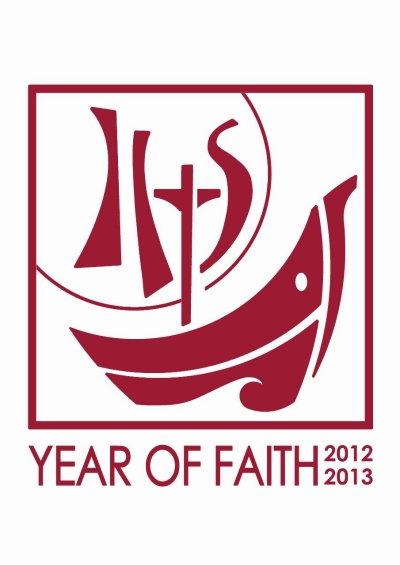 And so we stand at the opening of the Year of Faith.
And so we stand at the opening of the Year of Faith.
